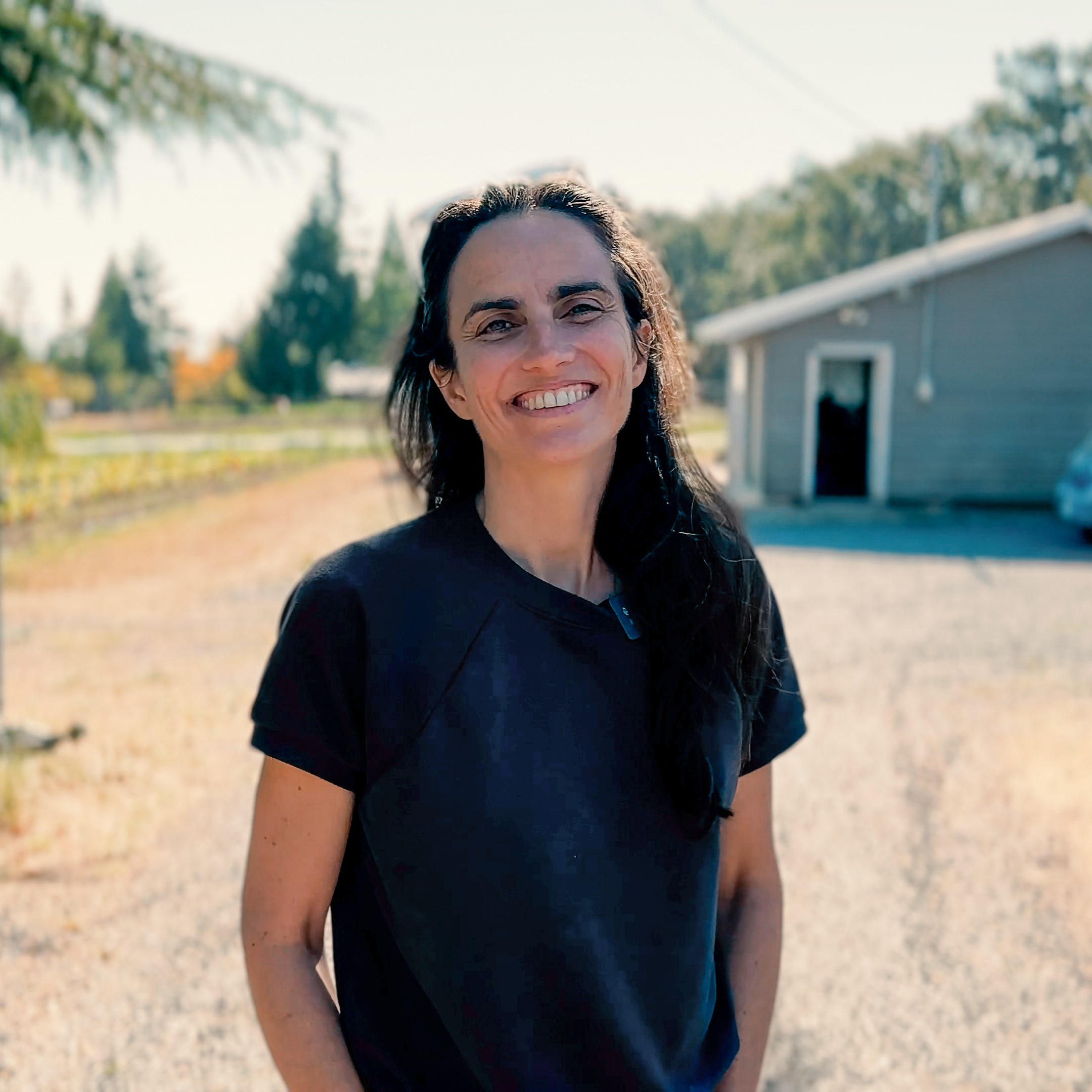Women Leading Change: The Local Food Box
In this video series, see how a farmer-led co-selling hub is boosting local growers and promoting sustainability in a rural Vancouver Island community.
Leading Change in Small-scale Sustainability
The Local Food Box is a marketing partnership between farmers in the rural community of Metchosin, BC. The initiative was launched more than a decade ago by Virginie Lavallée-Picard and Alexander Fletcher, owners of Wind Whipped Farm, with a goal to support local producers and increase access to quality seasonal foods in a somewhat isolated location. In this short film, meet The Local Food Box coordinators and farmers, and see how food system change can occur at the smallest scale.
Inside The Local Food Box
The Local Food Box works like a CSA (community supported agriculture) program, with participants signing up to receive a box of fresh farm goods each week from early June to mid-October. Unlike a standard CSA, though, the program brings together produce, meat, and other items from a collection of local farms. This simple but effective collaboration gives area residents access to more varieties of food, gives farms access to more customers, and builds a sense of community around local agriculture. Customers can customize the contents of the box, with options for certified organic fruits and vegetables, meat, eggs, other locally grown food items, and even seasonal flower bouquets. Boxes are picked up weekly from Wind Whipped Farm. With an awareness of food security issues, The Local Food Box also offers flexible payments and solidarity shares to support those facing financial challenges.
Working with Open Food Network
As a non-profit and social purpose organization, Open Food Network Canada’s mandate is to work with local food and farming enterprises to scale fair, local, and sustainable agrifood initiatives in communities across Canada. Using our open source e-commerce platform, The Local Food Box maintains a simple online storefront to manage subscriptions to the program.
I see farming as providing solutions to a number of challenges that our planet, our communities, our societies are facing. Working in an environment where it feels like you are part of the solution is really gratifying but it’s also really inspiring… Food creates community, at the end of the day.

Meet the Farmers & Suppliers
The Local Food Box is made up of small-scale farms and suppliers in the southern tips of Vancouver Island. From gourmet mushrooms to pastured meat, the suppliers specialize in different products, providing a complementary range of foods to customers. They share a commitment to sustainability and community, with a focus on caring for the land and the people of Metchosin.
We’d like to introduce you to a few of them.
Nootka Rose Milling Company
Nootka Rose Milling stone grinds a variety of local, sustainably-grown grains into fresh and nutritious flour for bakeries and customers.
Parry Bay Sheep Farm
Run by Lorraine and John Buchanan, Parry Bay Sheep Farm has been offering pasture-raised meat for over 40 years, with a commitment to soil health and animal welfare.
West Coast Mycology
West Coast Mycology is a purveyor of gourmet wild and cultivated mushrooms, using regenerative practices that protect the island’s biodiversity.
Wind Whipped Farm
Wind Whipped Farm is a certified-organic market garden and orchard in Metchosin, run by the coordinators of The Local Food Box.
About the Video Series
Open Food Network Canada is working with award-winning videographer Craig Conoley to celebrate some of the diverse small-scale distribution networks that are thriving across Canada, led by women entrepreneurs with a vision for change. In a series of short documentary films, Women Leading Change introduces the women behind these projects, profiles the farms who take part, and shows up close how short supply chains and regenerative agriculture offer solutions for the future.
Funding for this project has been provided by Agriculture and Agri-Food Canada through the AgriCommunication Program.

